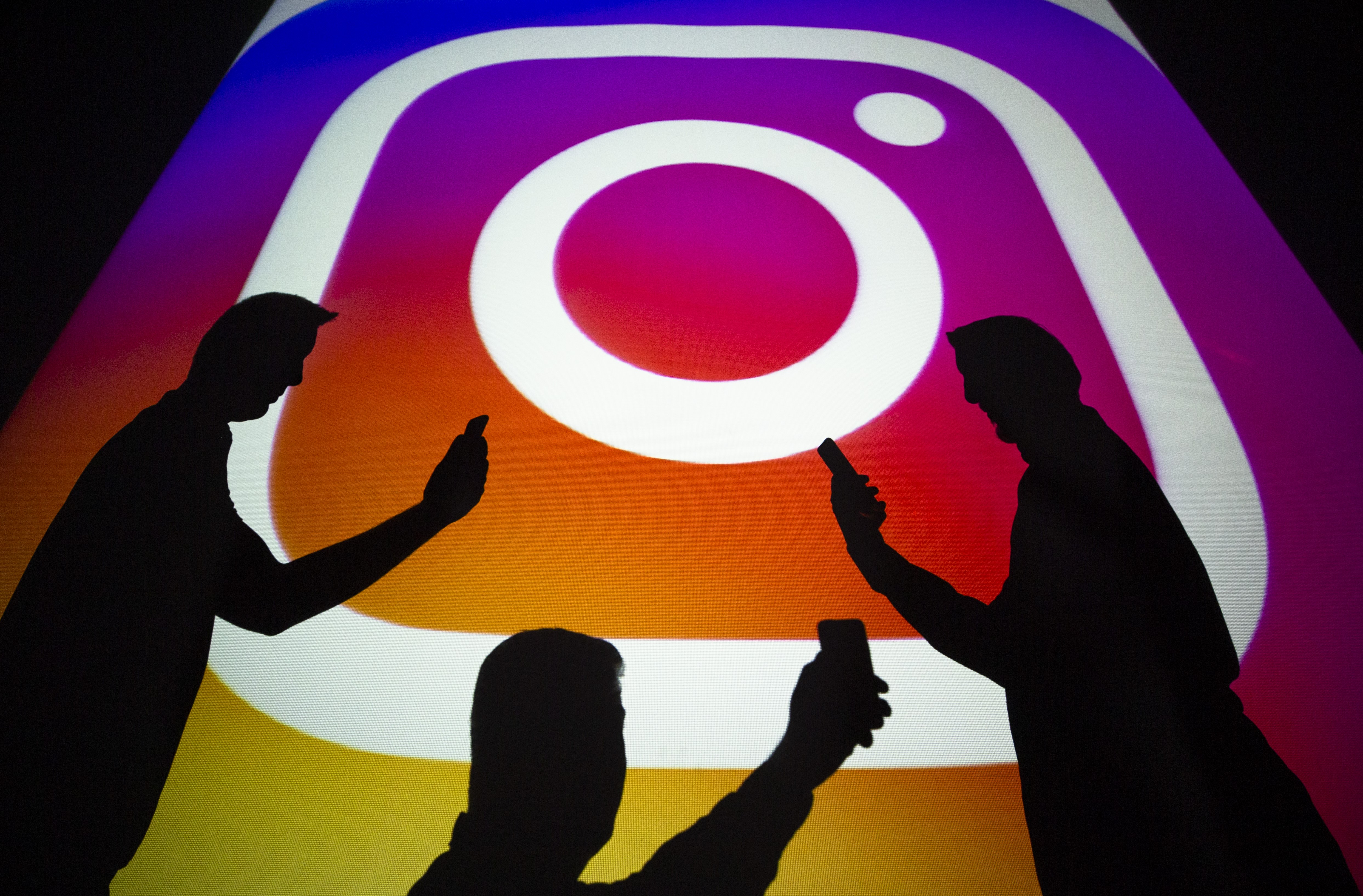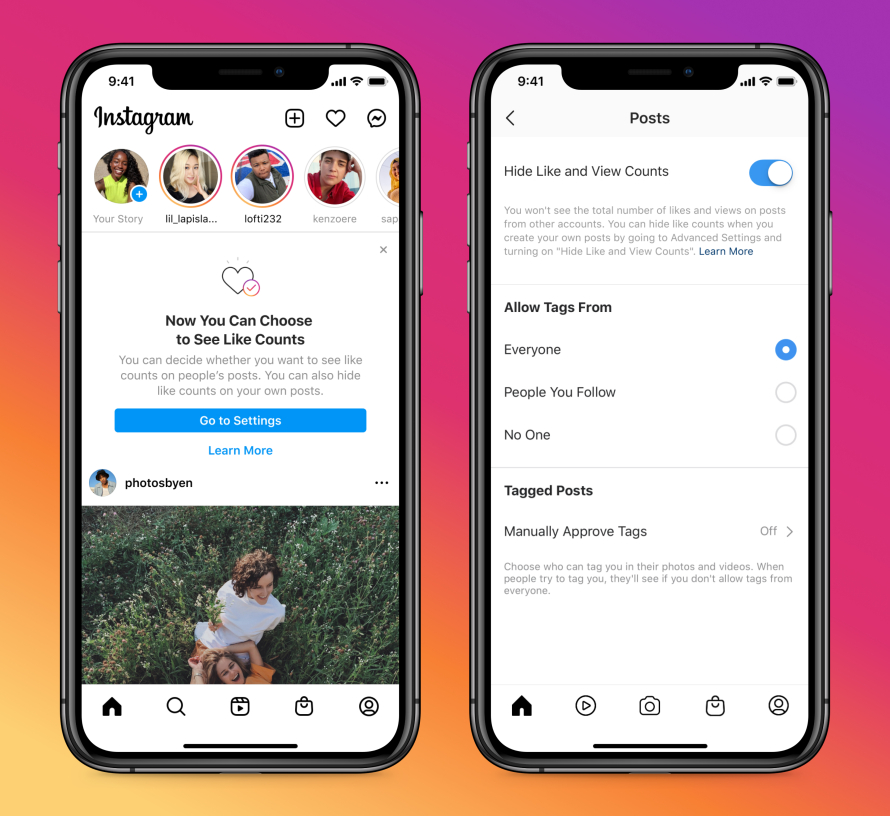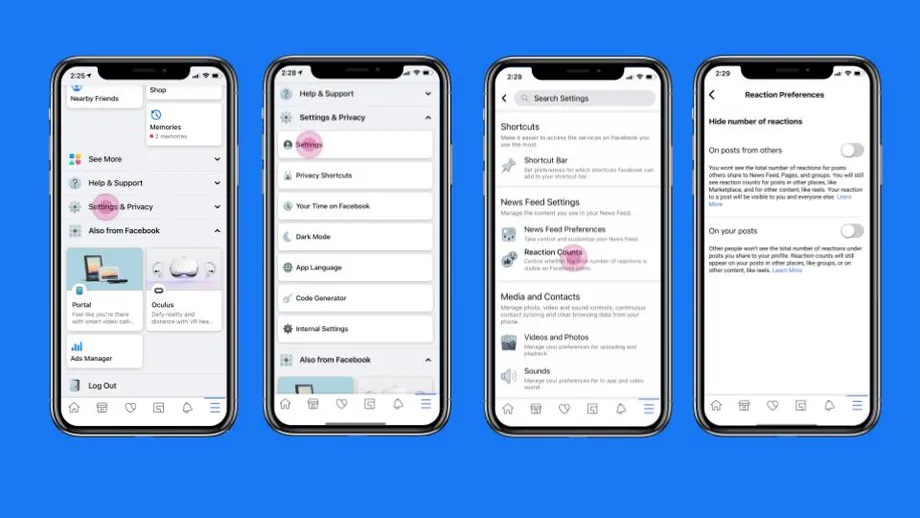
Facebook and Instagram will get an option for users to hide the number of "likes" their posts get, which could curtail the negative mental health effects from chasing likes.
Facebook said it gathered feedback from users and experts noting that seeing the number of likes was annoying for some, as much as it's useful to others, which prompted the move. But there have long been warnings from experts claiming that the instant gratification model for Facebook and Instagram, especially, can contribute to anxiety and depression in young teens.
- How to make your own Facebook avatar
- See something cool? How to save photos from Instagram
- Plus: Florida governor DeSantis signs Stop Social Media Censorship Act — will it work?
After experimenting with the feature, it found that it did help users "depressurize" their social media experience. Facebook did note, however, that there were still users who found like counts beneficial to understand what was trending or popular. This feature will first come to Instagram, and will follow on Facebook in the coming weeks.
"We’ve been working closely with third-party experts to better understand how to empower people, build self-awareness and shape a more positive experience on Instagram," said Facebook, noting: "We’re also funding more external research about people’s experiences on Instagram, and how we can improve our policies and products to support our community. We’re currently requesting research proposals from global academics and non-profits."
Likes vs. mental health
According to the U.K.'s Royal Society for Public Health, a report from 2017 found Instagram and Snapchat to be the most detrimental for young people's mental health. The RSPH, along with Young Health Movement, surveyed 1,500 young people between the ages of 14-24 across the U.K. and found that image-focused platforms to be worse in driving feelings of inadequacy and anxiety.
The report wasn't all negative, however. It also found Instagram to be beneficial in self-expression and self-identity.
It's why when reports of Facebook launching an Instagram service for kids under 13 caused much alarm with experts and politicians. Facebook is facing pressure now that 180,000 people have signed a petition urging the social media giant not to move forward with the idea.
Sign up to get the BEST of Tom's Guide direct to your inbox.
Get instant access to breaking news, the hottest reviews, great deals and helpful tips.
According to Cathy Pedrayes, a social media influencer with 114K followers on Instagram and 1.6 million followers on TikTok, she's noticed the feature being tested with some of her fans.
"In the past when they’ve tested it on certain accounts, my experience has been people complaining that they want their likes back," said Pedrayes in an interview with Tom's Guide.
As for larger influencers, she feels that some might opt into the feature, depending on their fame or celebrity.
"If it’s a celebrity account with recognition outside of the app and they disable likes, no one is going to question the integrity of the account," said Pedrayes. "For smaller accounts, they could be accused of hiding their likes in order to cover up that they’ve purchased likes or followers."
How to hide likes on Instagram
Facebook is rolling out this new feature on Instagram first. It may take some time to hit all users. For example, we're currently unable to turn off likes on Android devices.
Either way, to hide likes in Instagram, follow these steps:
- Open Settings
- Tap Posts
- Tap "Hide Like and View Counts"
- To hide likes on an individual post, Instagram will give users the ability to hide likes before a post goes live. This feature can also be implemented after the post is sent off.

How to hide likes on Facebook
According to the press release, Facebook will be rolling out this feature for its app in the coming weeks. So if you don't see it yet, don't worry.
- Tap on Settings and Privacy
- Tap on Settings
- Tap on Reaction Counts
- Choose to either hide number of reactions "On posts from others" and/or "On your posts"

Imad is currently Senior Google and Internet Culture reporter for CNET, but until recently was News Editor at Tom's Guide. Hailing from Texas, Imad started his journalism career in 2013 and has amassed bylines with the New York Times, the Washington Post, ESPN, Wired and Men's Health Magazine, among others. Outside of work, you can find him sitting blankly in front of a Word document trying desperately to write the first pages of a new book.

